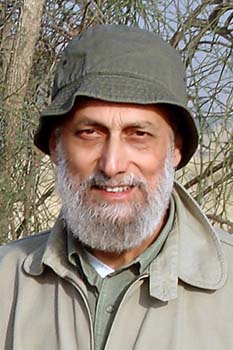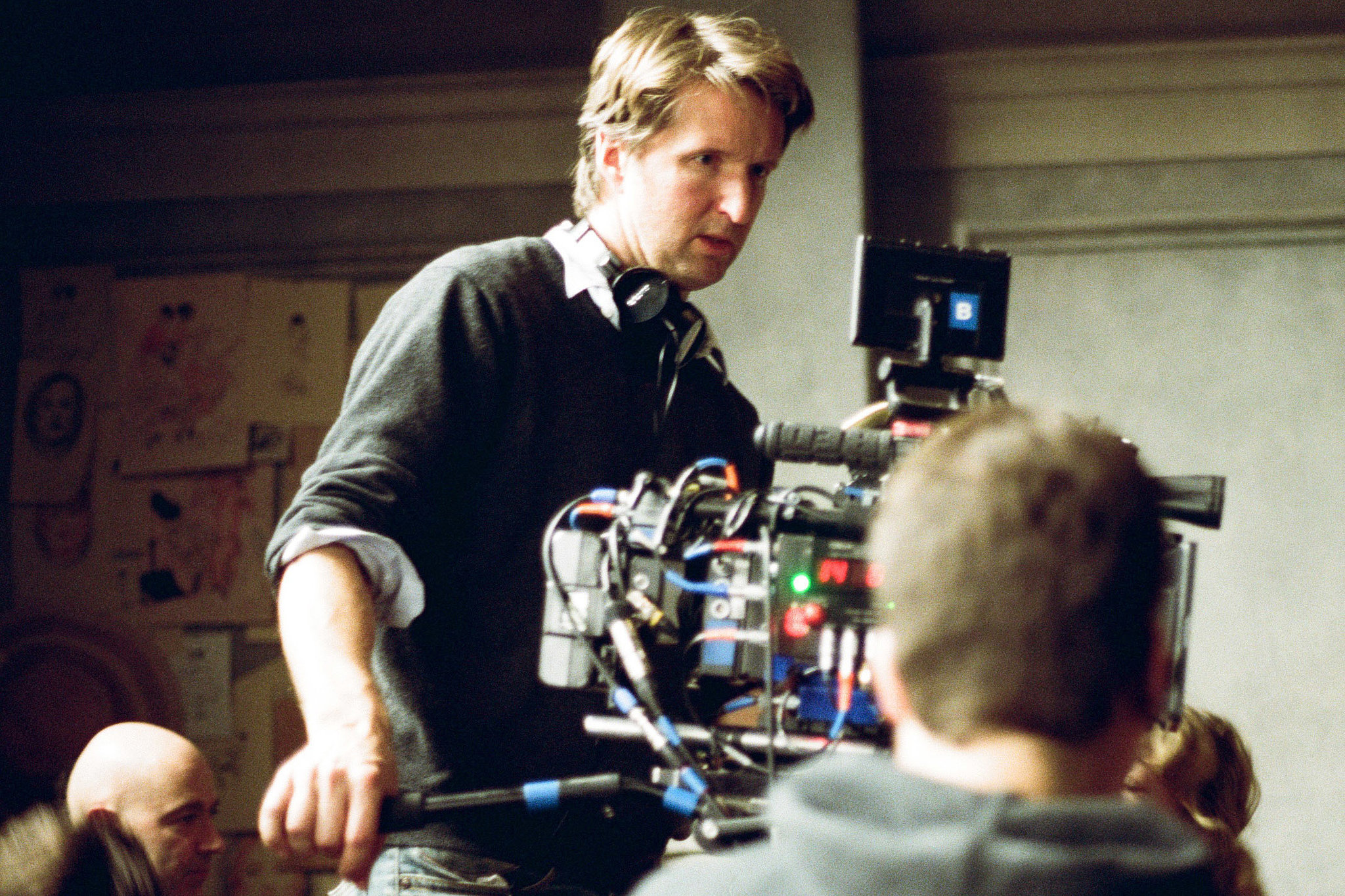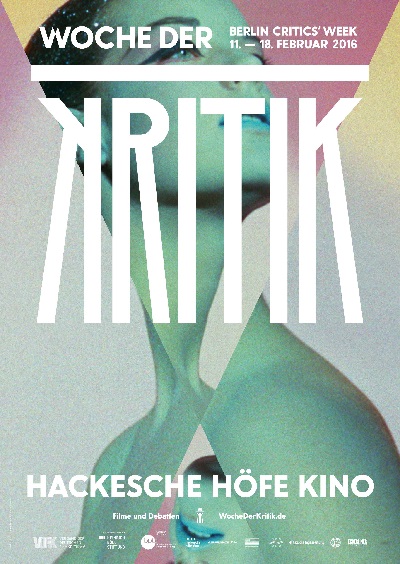
(Veteran wildlife filmmaker Naresh Bedi was honoured with the V Shantaram Life Time Achievement Award at the opening ceremony of the Mumbai International Film Festival for Documentary, Animation and Short Films, MIFF 2016 on Thursday evening. Later, Bedi shared his wildlife film making experiences with media persons at the MIFF Media Centre).
Love of nature and wild-life was inculcated in Naresh Bedi by his father, Dr. Ramesh Bedi, an international expert in plant medicine and a consultant to the government of India.
Born and raised Haridwar, close to forests and animal habitats, Naresh Bedi recalled the days when his father carried him on his shoulders into the forests. He also remembered the day when he, all of eight years old, was returning from a trek, and suddenly spotted an elephant waking up from slumber. Terrified, he had run for his life.
Dr. Bedi prevailed upon his elder son to learn photography and document the flora, fauna and wild-life of the country, an area that was totally neglected till then. Naresh Bedi joined the Film & Television Institute of India in Pune and completed his Diploma in Cinematography, with a gold medal. However, he eschewed all offers to shoot feature films, and devoted all his life to capturing nature. Born in 1947, he has been in this profession for about 46 years now.
Narrating his four decade long journey in the wildlife film making, Naresh Bedi said pre-digital era posed multiple challenges and tested patience. He said it took nearly five years to shoot his acclaimed film ‘Ganges Gharial’, which won him the Wild Screen Red Panda Award, popularly known as Green Oscars. In fact, he is the first Asian to win this award.
Naresh Bedi has been credited to have filmed some of the rare wildlife moments and his productions have been aired on prestigious channels like BBC, Channel 4, National Geographic, Discovery Channel and Canal Plus.
His other film, ‘Cherub of the Mist’, had the honour of being the opening film of MIFF 2016. A film about conservation of two cute red pandas, ‘Cherub of the Mist’ has won 15 awards, including 3 Classic Telly Awards. Many sceptics had found it hard to believe that red pandas existed when Bedi started his project. It was a small news item that Bedi had read in a newspaper about a couple of red pandas being set free in Darjeeling, and released into their natural habitat. What followed was an amazing voyage of discovery, as he tracked the panda over several months, which eventually resulted in a fascinating film.
On the matter of costing, Bedi revealed, “Earlier, we were ridiculed for venturing into sanctuaries and adivasi areas and even dubbed madmen, but sanctuaries charged us affordable fees. Nowadays, perhaps because of the presence of international television channels showing so many nature and wild-life films, they think we are making a lot of money, and have increased the licence fees astronomically.”
About the new technology, Bedi said that it is a double-edged sword. “On one hand, you can shoot on small cameras, without the need for complicated lighting or celluloid film. On the other, you have a lot of sub-standard stuff coming out from makers who lack commitment or training.”
Asked how could we balance compelling economic needs and wild-life conservation, Bedi admitted that our growing population does need to tap forest resources. “However, a balance has to be found. We cannot destroy entire forests and mountains and hope to save our ecology at the same time. At my farm in Haridwar, elephants destroy my electric fences, but I also find leopards giving birth in my sugar-cane plantation. When a kingfisher got trapped in my fish net, I got my grandson to cut the net and set it free.”
 7Meet (on video) Christopher Nolan, Colin Trevorrow, Rachel Morrison, and moderator Alex Ross Perry for a discussion on the aesthetics of film, its intrinsic qualities, and its appeal to filmmakers who have made the artistic choice to use film as a shooting format.
7Meet (on video) Christopher Nolan, Colin Trevorrow, Rachel Morrison, and moderator Alex Ross Perry for a discussion on the aesthetics of film, its intrinsic qualities, and its appeal to filmmakers who have made the artistic choice to use film as a shooting format.


















 Depp is answering “There are many of the same actors in gangster films BLACK MASS and PUBLIC ENEMIES, did you do this on purpose?” He thinks about it, hand to his mouth, then walks away while saying, “Yes, I did. There’s a story to that. You’ll hear it in a moment.” Meaning, he thinks Leonard Maltin will bring it up, but he doesn’t. And this ironically sums Depp up, he leaves you hanging, wanting more even though you’re not sure what you’re going to get.
Depp is answering “There are many of the same actors in gangster films BLACK MASS and PUBLIC ENEMIES, did you do this on purpose?” He thinks about it, hand to his mouth, then walks away while saying, “Yes, I did. There’s a story to that. You’ll hear it in a moment.” Meaning, he thinks Leonard Maltin will bring it up, but he doesn’t. And this ironically sums Depp up, he leaves you hanging, wanting more even though you’re not sure what you’re going to get.





 FNYCWS16 Queer Transitions: Programmer Lana Lin, associate
FNYCWS16 Queer Transitions: Programmer Lana Lin, associate







